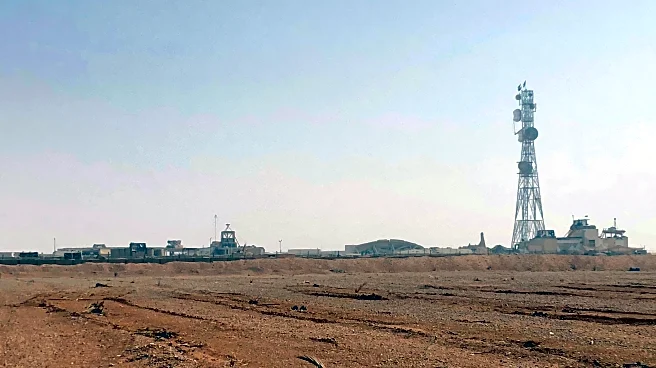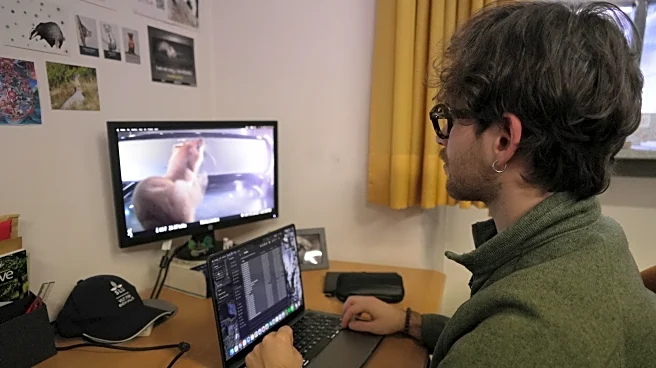What's Happening?
The French Vortex spaceplane demonstrator program is set to validate heat shield technology and control capabilities in a flight scheduled for about three years from now. The program, a joint investment between France and Dassault Aviation, aims to test the viability of reusable space systems. The Vortex demonstrator will be launched to an altitude of around 100 km and fly at Mach 10-12, focusing on validating system architecture and technologies such as thermal protection and reaction jet controls. The initiative is part of France's strategy to develop disruptive capabilities in space technology.
Why It's Important?
The Vortex spaceplane project represents a significant step forward in the development of reusable space systems, which could revolutionize satellite deployment and space exploration. By demonstrating the viability of these technologies, France positions itself as a leader in space innovation, potentially influencing European space policy and attracting investment. The ability to deploy satellites quickly and recover critical assets enhances national security and offers strategic advantages. Moreover, the project's success could pave the way for future collaborations with other countries and organizations, expanding the scope of reusable space technology.
What's Next?
The next steps involve securing financial backing from the European Space Agency and potentially bringing other countries on board to support the program. The successful demonstration of the Vortex spaceplane could lead to the development of operational systems capable of deploying satellites or sensors to orbit rapidly. France may also explore further applications of the technology, such as space control and asset recovery. The project's progress will be closely monitored by stakeholders in the aerospace industry, with potential implications for future space missions and collaborations.











